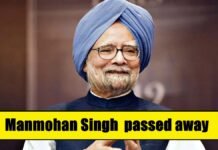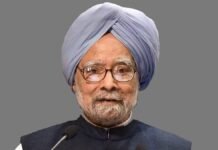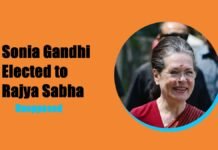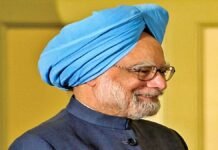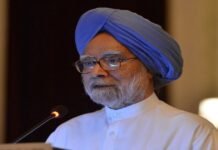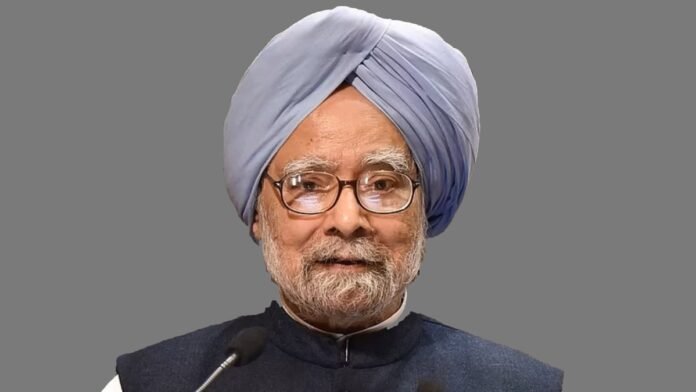
India celebrates the 92nd birthday of one of its most esteemed leaders, former Prime Minister Dr. Manmohan Singh. A visionary economist, statesman, and lifelong academic, Dr. Singh’s legacy has shaped modern India both politically and economically. From his crucial role in liberalizing India’s economy to serving as the country’s Prime Minister for a decade (2004-2014), his contributions are remembered as transformative in India’s journey toward economic resilience and global prominence.
The Humble Beginnings of a Revolutionary Leader
Born on September 26, 1932, in a small village in Punjab, then part of undivided India, Manmohan Singh’s early academic promise set the stage for his future achievements. After completing his matriculation in 1948 from Punjab University, he went on to study at the prestigious Cambridge University in the UK, where he earned a degree in economics in 1957. His academic journey didn’t stop there—he later obtained a doctorate from Oxford University.
This academic foundation paved the way for Dr. Singh to join India’s government as an economic advisor in the early 1970s. By 1972, he was appointed Chief Economic Advisor in the Ministry of Finance, launching a stellar career in public service that saw him rise to numerous key positions, including Secretary in the Ministry of Finance, Deputy Chairman of the Planning Commission, Governor of the Reserve Bank of India, and Chairman of the University Grants Commission.
Architect of India’s Economic Reforms
Perhaps one of Dr. Singh’s most enduring legacies is his role as the architect of India’s economic reforms. As Finance Minister from 1991 to 1996 under the Narasimha Rao government, he introduced sweeping changes that opened India’s economy to the global market, saving the country from a crippling economic crisis. At a time when India was on the brink of defaulting on its loans, Singh’s policies of liberalization, privatization, and globalization became the pillars of modern Indian economic policy. His courageous reforms laid the foundation for the robust growth that followed, turning India into one of the fastest-growing economies in the world.
33 Years in Parliament: A Political Survivor
Manmohan Singh’s political journey is as impressive as his economic contributions. For an astounding 33 years, he served as a member of the Rajya Sabha, India’s upper house of Parliament, continuously from 1991 to 2024. Elected to the Rajya Sabha in 1991, he was re-elected in 1995, 2001, 2007, and 2013. Even during the BJP-led government from 1998 to 2004, Singh played a crucial role as the Leader of the Opposition, cementing his status as a key figure in Indian politics.
Interestingly, despite his towering presence in the Rajya Sabha, Singh faced a rare defeat when he ventured into the Lok Sabha elections. In 1999, the Congress party fielded him as a candidate from South Delhi, but he lost to BJP’s Vijay Kumar Malhotra. Singh secured 231,231 votes, narrowly trailing Malhotra’s 261,230 votes. Despite this setback, Singh’s prominence in national politics never wavered, and his contributions in Parliament continued until 2024.
Beyond Politics: A Lifelong Bureaucrat and Economist
Manmohan Singh’s career is not limited to politics. Before taking up the mantle of Prime Minister, he held several pivotal bureaucratic roles. His work as the Governor of the Reserve Bank of India and his stint as the Deputy Chairman of the Planning Commission underscore his deep understanding of India’s economic needs. His expertise was sought at the highest levels, including serving as an advisor to the Prime Minister and later as Chairman of the University Grants Commission, further emphasizing his commitment to academic and institutional excellence.
A Legacy That Transcends Generations
As Manmohan Singh turns 92, his influence continues to be felt across political and economic landscapes. He is celebrated not only for the economic reforms that shaped modern India but also for his quiet, dignified leadership during his two terms as Prime Minister. His calm, academic demeanor in the face of crises be it the 2008 global financial meltdown or the challenge of coalition governance earned him respect from all quarters.
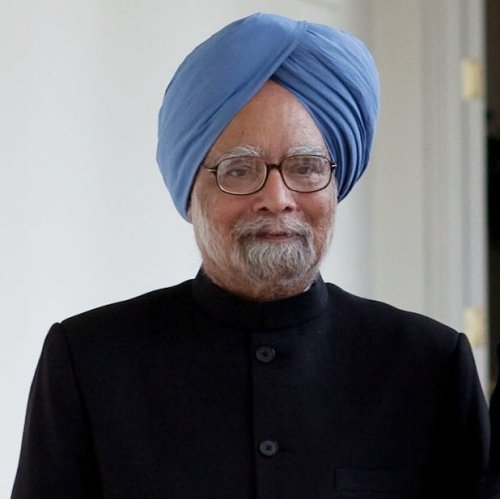
Today, Dr. Manmohan Singh’s life and legacy stand as a testament to the power of knowledge, perseverance, and service to the nation. As India honors its former Prime Minister, the country reflects on the remarkable journey of a leader who helped steer the nation through some of its most challenging times, leaving behind a legacy that will inspire generations to come.







































